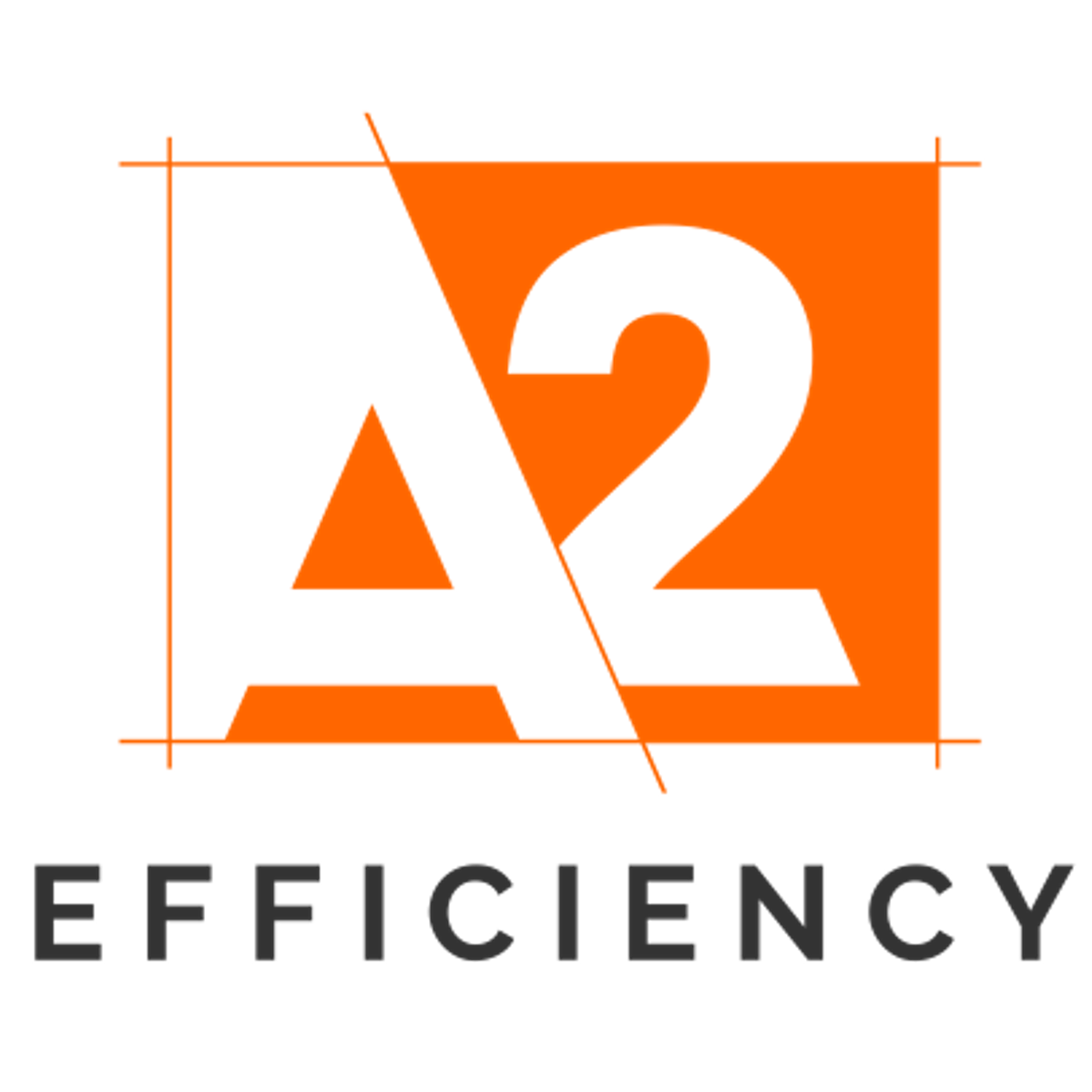Seattle City Light
Location: Seattle, WA
Program: Codes Standards
Client: Seattle City Light
Building Use: NR New
Year Completed: 2024
Goals: Efficiency Impact Assessment
Project Overview
This project evaluated the energy savings from the Seattle Energy Code (SEC) and estimated the impact of City Light’s work on code development. The project looked at savings from SEC improvements beyond the state code and how City Light’s training, outreach, and enforcement efforts help boost compliance and results.
The goal was to assess the amount of energy savings achieved by these efforts and to develop an analysis of the cost effectiveness in terms of electricity savings per dollar spent. The analysis is focused on two biennia: 2020-2021 and 2022-2023.
Our Role
A2 Efficiency, in partnership with Ecotope, evaluated the energy savings and stringency of the Seattle Energy Code (SEC) compared to the Washington State Energy Code (WSEC) across the 2015, 2018, and 2021 code cycles. The team developed calibrated energy models using EnergyPlus, analyzing 6 building types and weighted results based on Seattle’s actual building stock from the 2021 Data Disclosure. Permit data was used to apply results across the city’s new construction during the evaluation period. The team also assessed the impact of SDCI’s code development, training, and enforcement efforts on compliance and savings, using a Delphi Analysis to quantify expert insights into how these activities improve overall energy performance.
Project Highlights
The analysis suggests that the code support work funded by City Light and deployed by SDCI resulted in electricity savings of 8,486 MWh over the period of two biennia, at a cost of $234/MWh saved.
Additional energy efficiency benefits were realized in terms of influence on state, regional, and national codes, and in long term overall efficiency improvements in the building stock, delivering savings in other fuel categories as well.



